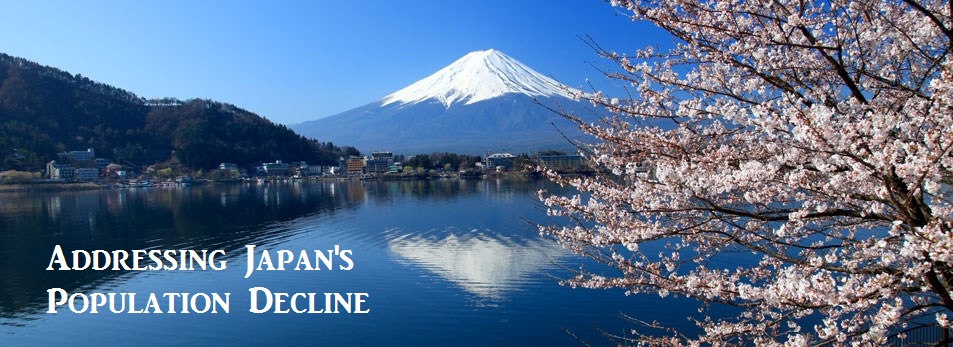Bhopal: Vulnerability, Routinization, and the Chronic Disaster by S. Ravi Rajan
As we have linked rural environments with environmental injustice and demand, we can also link environmental injustice with wealth and large corporations. S. Ravi Rajan recounts the disastrous gas leak in Bhopal, India set in motion by the Union Carbide Company. What is more disturbing than the thousands of deaths, injuries, and pollution expelled from the leaking pesticide factory in 1984 is the manner in which the UCC dealt with the tragedy. Rajan explores the history of UCC, which cover years of decisions that ultimately resulted in this catastrophe. Unsafe factories that should never have been built paired with employees lacking proper training are examples of fixable problems that the UCC never spent available money on remediating. Reading Rajan’s discourse explains how the UCC maneuvered through legal hurdles which somehow resulted in almost a clean record. The situation begs the question of where wealth begins to burden the environment, and the facts are unavoidable. The bureaucracy lacks the resources to effectively repair these situations which correlates to lack of environmental repair and inherently, environmental protection. Rajan addresses the Morcha, a revolution-based group who sought to expose UCC but failed due to an “extremely doctrinal and inflexible ideology that framed its activisim”. While an activist group survived and is still present today, there is still a lack of nation-state support that continues to decline. Rajan’s article leaves the reader questioning the next step for wealthy countries with this unfortunate lack of political bearing to protect it’s growing population and the environment that supports it. As an example that juxtaposes the UCC, Japan’s Minamata Disease in the 1960s was caused by the Chisso Chemical Corporation’s dumping of mercury into Minamata’s Bay. The contamination killed 1,784 people and Chisso ended up paying $86 million dollars for compensation as well completing the mandate to clean up the contaminated waters. Although compensation was given, there process leading up to the agreement was likely a proponent in the rising democracy of Japan (George 2001). When I was comparing the two incidents, I was surprised at how similar the accidents were, but how differently they were handled. Additionally, the rise of democracy can again be tied to women in politics, and their advantage in untainted perspectives.
Rajan, S. Ravi. “Disaster, development and governance: Reflections on the’lessons’ of Bhopal.” Environmental Values (2002): 369-394.
